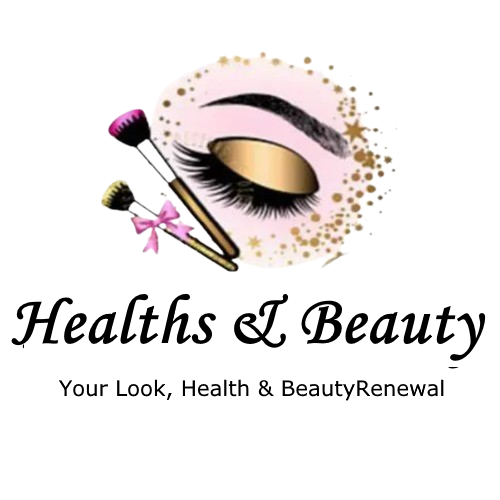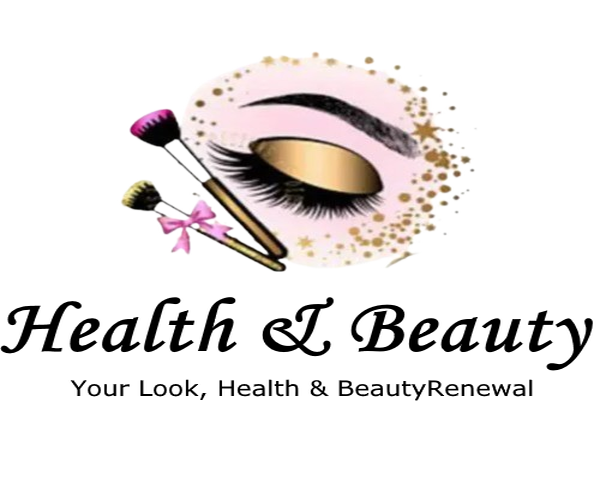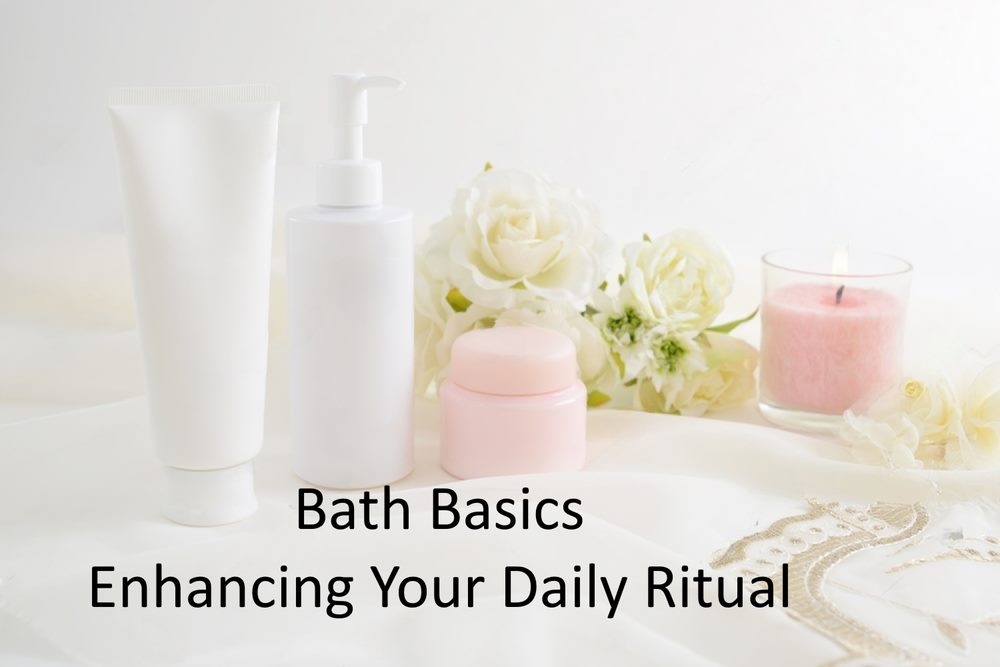Sleep is not merely a state of unconsciousness; it’s a crucial period during which your body undergoes repair and rejuvenation. One aspect of sleep that has gained significant attention is its impact on beauty, often referred to as Beauty Sleep. This term encompasses the idea that quality sleep is essential for maintaining youthful skin, vibrant hair, and overall physical well-being.
The Phases of Sleep
- Slow-Wave Sleep: Also known as deep sleep, this phase is characterized by slow brain waves and profound relaxation of the body. It is during this phase that tissue repair, muscle growth, and hormone regulation primarily occur.
- Dream Sleep: Rapid Eye Movement (REM) sleep is where dreaming occurs. While the body experiences muscle relaxation, brain activity increases, resembling that of waking hours. REM sleep is thought to be critical for cognitive function and emotional regulation.
The Impact of Sleep Deprivation
- Skin Health: Lack of sleep can lead to a dull complexion, fine lines, and dark circles under the eyes. This occurs because inadequate sleep disrupts the body’s ability to repair and regenerate skin cells.
- Hair: Sleep deprivation can contribute to hair loss and lackluster hair quality. During sleep, the body releases growth hormones that stimulate hair follicles, promoting healthy hair growth.
- Overall Well-being: Chronic sleep deprivation is linked to a host of health issues, including weakened immune function, weight gain, and increased risk of chronic diseases such as diabetes and heart disease.
Strategies for Enhancing Beauty Sleep
Here are some practical tips to optimize your sleep quality and reap the benefits of beauty sleep:
- Pre-Bedtime Rituals: Engage in relaxing activities before bed, such as reading, taking a warm bath, or practicing meditation to signal to your body that it’s time to wind down.
- Sleep Environment: Create a conducive sleep environment by ensuring your bedroom is cool, dark, and quiet. Invest in a comfortable mattress and pillows to support proper spinal alignment.
- Avoid Stimulants: Limit consumption of caffeine and nicotine, particularly in the hours leading up to bedtime, as they can disrupt sleep patterns.
- Establish a Routine: Maintain a consistent sleep schedule by going to bed and waking up at the same time every day, even on weekends, to regulate your body’s internal clock.
- Dietary Considerations: Avoid heavy meals and alcohol close to bedtime, as they can interfere with sleep quality. Instead, opt for light snacks and herbal teas known for their calming effects, such as chamomile.
Exploring the Science Behind Beauty Sleep
Understanding the intricacies of sleep and its impact on beauty requires delving into the science behind it. Here’s a deeper look into how sleep influences various aspects of physical appearance and well-being:
Skin Regeneration and Repair
- Collagen Production: Sleep is essential for collagen production, a protein that provides structure and elasticity to the skin. During deep sleep stages, the body releases growth hormones that stimulate collagen synthesis, helping to repair damaged skin cells and maintain a youthful complexion.
- Cellular Renewal: Throughout the night, the skin undergoes a process of cellular turnover, where old, dead skin cells are shed and replaced with new ones. This process is crucial for maintaining skin health and radiance.
- Blood Flow: Adequate sleep promotes healthy blood flow to the skin, delivering oxygen and essential nutrients while flushing out toxins. This increased circulation contributes to a brighter, more vibrant complexion.
Hair Growth and Quality
- Hormonal Balance: Sleep plays a pivotal role in regulating hormone levels, including those involved in hair growth and maintenance. Growth hormone, in particular, peaks during deep sleep, promoting the proliferation of hair follicles and strengthening the hair shaft.
- Stress Reduction: Chronic sleep deprivation can elevate stress hormone levels, such as cortisol, which may contribute to hair loss and thinning. By prioritizing quality sleep, you can help mitigate the effects of stress on hair health.
- Scalp Health: Adequate sleep supports the health of the scalp, providing the optimal environment for hair follicles to thrive. A well-rested scalp is less prone to inflammation, dandruff, and other scalp conditions that can impede hair growth.
Mental and Emotional Well-being
- Cognitive Function: Sleep is vital for cognitive function, memory consolidation, and overall mental clarity. A restful night’s sleep enhances focus, problem-solving abilities, and creativity, allowing you to approach each day with a clear mind and sharp intellect.
- Emotional Resilience: Quality sleep is closely linked to emotional regulation and resilience. Adequate rest helps regulate mood hormones, such as serotonin and dopamine, promoting feelings of happiness and contentment while reducing the risk of anxiety and depression.
Implementing Strategies for Beauty Sleep
Armed with the knowledge of how sleep impacts beauty and well-being, you can take proactive steps to enhance your sleep quality and reap the rewards of Beauty Sleep. Here are some additional strategies to consider:
- Technology Detox: Limit exposure to electronic devices, such as smartphones and computers, before bedtime, as the blue light emitted can disrupt circadian rhythms and inhibit melatonin production.
- Mind-Body Practices: Incorporate relaxation techniques, such as deep breathing exercises, progressive muscle relaxation, or yoga, into your bedtime routine to calm the mind and prepare the body for sleep.
- Sleep Hygiene: Practice good sleep hygiene habits, such as maintaining a consistent sleep schedule, avoiding caffeine and heavy meals close to bedtime, and creating a comfortable sleep environment free from distractions.
By prioritizing Beauty Sleep and adopting these evidence-based strategies, you can unlock the transformative power of sleep and wake up feeling refreshed, rejuvenated, and radiant each day.




